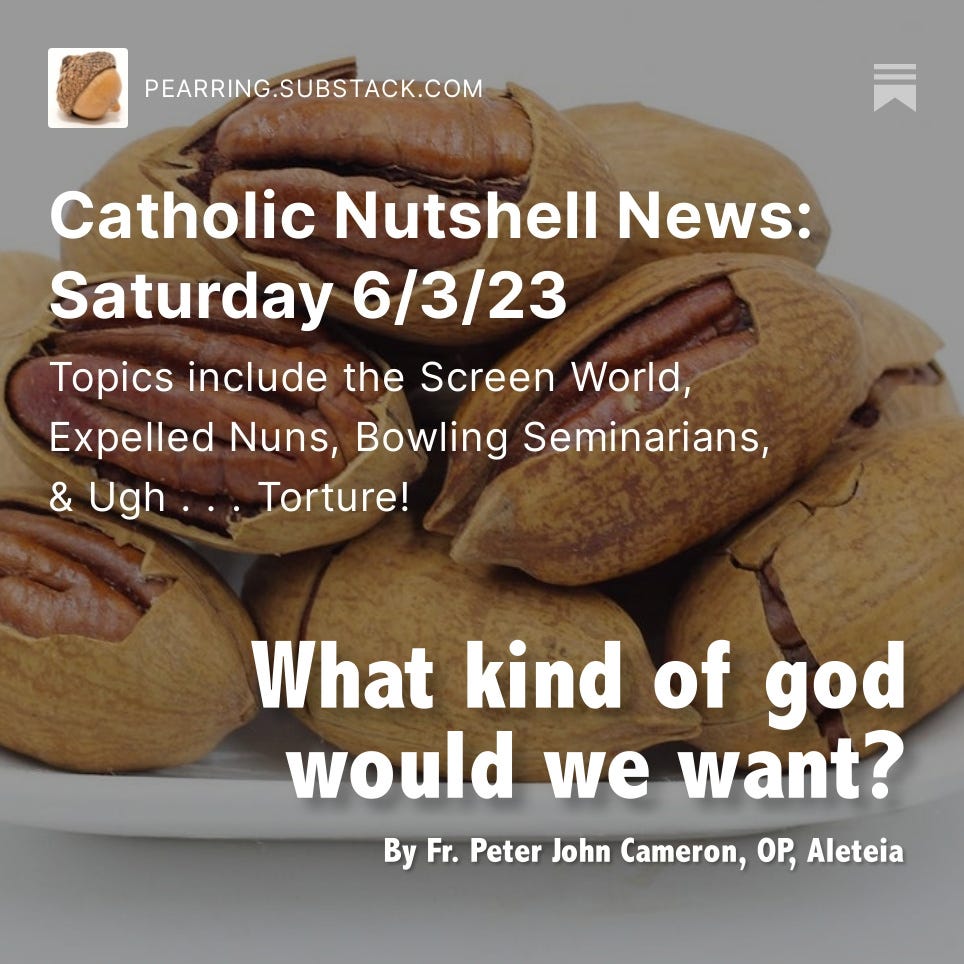Jesus flexes his Messianic muscles: Do we cower or obey?
People are watching our witness about who God is
There’s so much going on in Chapters 10-11 of Mark. We get sidetracked by the emotional impact of Jesus’ activities here. It’s tricky navigation, but the steady focus on Jesus’s power is unmistakable. Everything points toward him. The extent of Jesus’ power crosses all human boundaries, and his style and delivery go beyond mere confidence. Jesus insists now, at the end of his ministry, upon being noticed.
Image by Khusen Rustamov
There is pivot point in Jesus’ tone. He goes from being a teacher to flexing his Messianic muscles. It comes to completion at the end of Chapter 11. Jesus pauses to attend to the Jewish leaders’ single point of frustration—his authority. This is a conflict Jesus has orchestrated. He dismisses those he’s bantered with for three years.
The chief priests, scribes, and elders asked Jesus, “By what authority are you doing these things? Or who gave you this authority to do them?” Jesus said to them, “I shall ask you one question. Answer me, and I will tell you by what authority I do these things. Was John’s baptism of heavenly or of human origin? Answer me” (Mark 11:28-30).
“Answer me,” he said. That’s not a milk toast response from a trapped man begging for a scrap of support. That’s a fellow in charge, demanding obedience.
They discussed this among themselves and said, “If we say, ‘Of heavenly origin,’ he will say, ‘[Then] why did you not believe him?’ But shall we say, ‘Of human origin’?”—they feared the crowd, for they all thought John really was a prophet. So they said to Jesus in reply, “We do not know.” Then Jesus said to them, “Neither shall I tell you by what authority I do these things” (Mark 11:31-33).
The men in charge of the Jewish nation, albeit influenced by the oversight of the Romans while worried about this new movement under Jesus’ control, are at loggerheads with this Nazarene upstart. They are confused by Jesus’ seeming disregard for decorum. His behavior has escalated. The confusion and culture rattling have startled his followers also. Jesus is forcefully orchestrating under the power of God. I propose we wouldn’t be any different from those leaders. Our daily lives confirm our confusion about God’s actions, too. “What is God doing?”
Why do so many of us struggle with authority, specifically when it demands or challenges us? Both trust and independence are at play. Is our first reaction to obey or to question those in positions of responsibility? We question. Our initial response to authority reflects what we practice. We form an emotional skepticism of authority beginning at a young age. Our ongoing reactions to authority are not random. They are formed in us and practiced over and over again. Some of us end up more trusting than others. Those authorities less connected to God increase our skepticism.
Today’s gospel reading where Jesus sets up the Jewish leaders wasn’t just a clever quip or a comeback to an insult. It was precise.
The force of Jesus in this scene follows three very important events—not parables told or insights revealed but power moves. Jesus is bold, outrageous, and even frightening. Put yourself in the same position as the chief priests, scribes, and elders. If you saw what Jesus had been doing, you might have confronted Jesus too. Jesus seems over the top, almost crazy with power. It’s a power he already has, but has avoided revealing.
Begin with his entrance into Jerusalem. Upon nearing the holy city, Jesus sent two disciples to go into a nearby town.
“Go into the village opposite you, and immediately on entering it, you will find a colt tethered on which no one has ever sat. Untie it and bring it here. If anyone should say to you, ‘Why are you doing this?’ reply, ‘The Master has need of it and will send it back here at once’” (Mark 11:2-3). Jesus then rode that donkey into Jerusalem to fulfill the prophecy of his kingship.
That’s a very detailed, prescient set of directions. Not “get me a donkey,” but a specific unridden colt inside the entrance gates. Jesus enters the city with all eyes on him. He cried the day before, aware of the line he would soon be crossing. Distraught over so many who do not realize who he is, he tells us in Matthew and Luke (Not in Mark):
“Jerusalem, Jerusalem, you who kill the prophets and stone those sent to you, how many times I yearned to gather your children together, as a hen gathers her young under her wings, but you were unwilling! Behold, your house will be abandoned, desolate. I tell you, you will not see me again until you say, ‘Blessed is he who comes in the name of the Lord’” (Matthew 23:37-39).
After the palm honoring procession, on the next day, Jesus is hungry. He found a tree filled with leaves but no figs. And he said to it in response to its lack of produce, “May no one ever eat of your fruit again!” And his disciples heard him say it. Overnight, the tree withered to its very roots. Sure, this act is in response to the fruitless Jewish nation, but this is no mere metaphor. Jesus exhibits power over the tree’s very existence.
Then, there’s the crashing of the Temple. “He overturned the tables of the money changers and the seats of those who were selling doves. He did not permit anyone to carry anything through the temple area. Then he taught them saying, “Is it not written: ‘My house shall be called a house of prayer for all peoples’? But you have made it a den of thieves” (Mark 11:15-17).
These three encounters assert Jesus’ authority over creation (the fig tree), over the people of Israel (riding a donkey into his kingdom), and over the very seat of his authority (debased by money changers in the temple). Each act by Jesus affirms, in striking displays of correction, expectation, and obedience, that Jesus is a human with fearsome divinic power. The disciples fear him too, but with guidance and prodding from Jesus. Not only is Jesus acting out his divinity, but he’s also handing the disciples a manual to operate similarly. Right after the curse of the fig tree, Jesus tells them:
“Have faith in God. Amen, I say to you, whoever says to this mountain, ‘Be lifted up and thrown into the sea,’ and does not doubt in his heart but believes that what he says will happen, it shall be done for him. Therefore I tell you, all that you ask for in prayer, believe that you will receive it and it shall be yours. Therefore I tell you, all that you ask for in prayer, believe that you will receive it and it shall be yours. When you stand to pray, forgive anyone against whom you have a grievance, so that your heavenly Father may in turn forgive you your transgressions” (Mark 11:22-25).
He does not set an example to elicit violence or rage but to display God’s vast involvement, his complete engagement in the world. And his desire that believers will follow him. The fig tree belongs to him. Society needs to be focused on him. His presence is holy and should not be defiled. Follow me, he asks with urgency.
Jesus had set up the confrontation scene in today’s gospel by forcing the hand of the three powers that rule the Hebrew people—the chief priests, the scribes, and the elders. These are the authority figures. People obey these figures of religion, politics, and the operation of daily life, but Jesus’ actions force their hand. They can’t put up with him any longer.
“By what authority are you doing these things? Or who gave you this authority to do them?”
They have heard about Jesus, and now they have experienced him. It’s one thing to exorcise demons, heal people, raise them from the dead, and interpret the hidden truths of scripture. It’s another to take charge of society by orchestrating a parade in his honor, exerting control over nature, and causing an unbelievable reset in the temple. Nature obeyed him. Hoards of people obeyed him. Now the authorities are forced to obey him. They stand back in fear. It’s getting to be more than annoying. Jesus questions their reigns of power by mocking them. He reveals himself as God, unhappy with what’s going on.
Jesus’ positioning of John the Baptist’s authority isn’t a deflection. It’s pointed at us, too. How can we know the authority of Jesus if we haven’t paid heed to those who announced him? It’s a practical question if we think about it. Who have we listened to? Who has formed our opinions about God? Are they folks who think highly of God and can show that they’ve met him?
Compare those who announce and witness God to us today. Some say there is no God. Others claim to hold secret information about God only given to and available from them. Our Catholic authorities trace their witness from a long line of credible saints and stable doctrines peppered with miracles, sacrifice, and insistence upon love. Whose authority should we recognize?
There is another category of folks trying to get our attention. Those are the stiff-necked folks who question God’s motives and doubt his involvement in our lives. “Just look at what God has done! We’ve got wars and crime and a host of awful stuff. Let me explain to you what God should have done . . .”
We all carry authorities and power in society. When we doubt God, or question his motives, is our skepticism borne from faulty formation? Or is it fear of losing our grip on a power we don’t realize is assigned to us by God?
People are watching us. What do we witness about who God is?
“Therefore I tell you, all that you ask for in prayer, believe that you will receive it and it shall be yours. When you stand to pray, forgive anyone against whom you have a grievance, so that your heavenly Father may in turn forgive you your transgressions.”







I'm not liturgically adept. I was a forgetful altar boy, constantly losing my place, getting the words wrong, and prone to daydreaming. Never fixed that failing, nor have I had any inclination or motivation to do so. I prefer the simplest of Masses, sans any pomp or garb. I'd probably be like St. Stephen, mouthing off at the wrong time and getting stoned to death.
I'm harmless out here in the netherlands, chasing my bride around, like a walking hermit with a license to wed. I show up to everything early, but my soldiering is of the tame sort.
I'm finally too old to be conscripted into anything. Love doing Nutshell News every morning, writing 2-page, kinda long but pithy pieces, and working on the next book. I am an unreliable as a leader, apologetic way late, but a spiritually loyal friend.
I have three deacon friends, and two dropouts, who are marvelous creatures for the task. They find me interesting but would be horrified to hear I'd ever be in their ranks.
Thanks for the kind hope. Three bishops had the opportunity to draft me, but wisdom and the Holy Spirit has confined me to the lovely laity.
Excellent John. I wish you were a Deacon to deliver these wonderful thoughts.